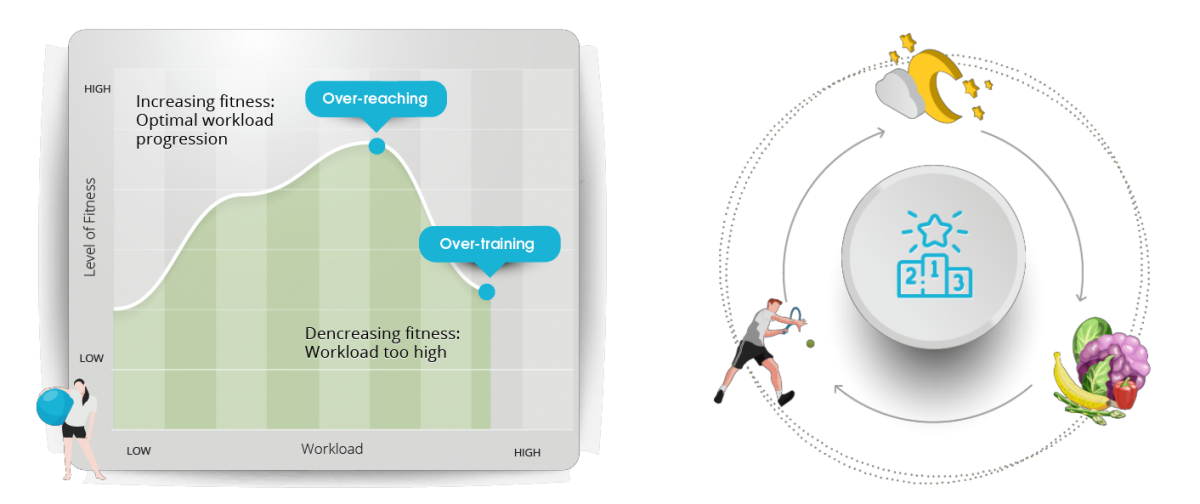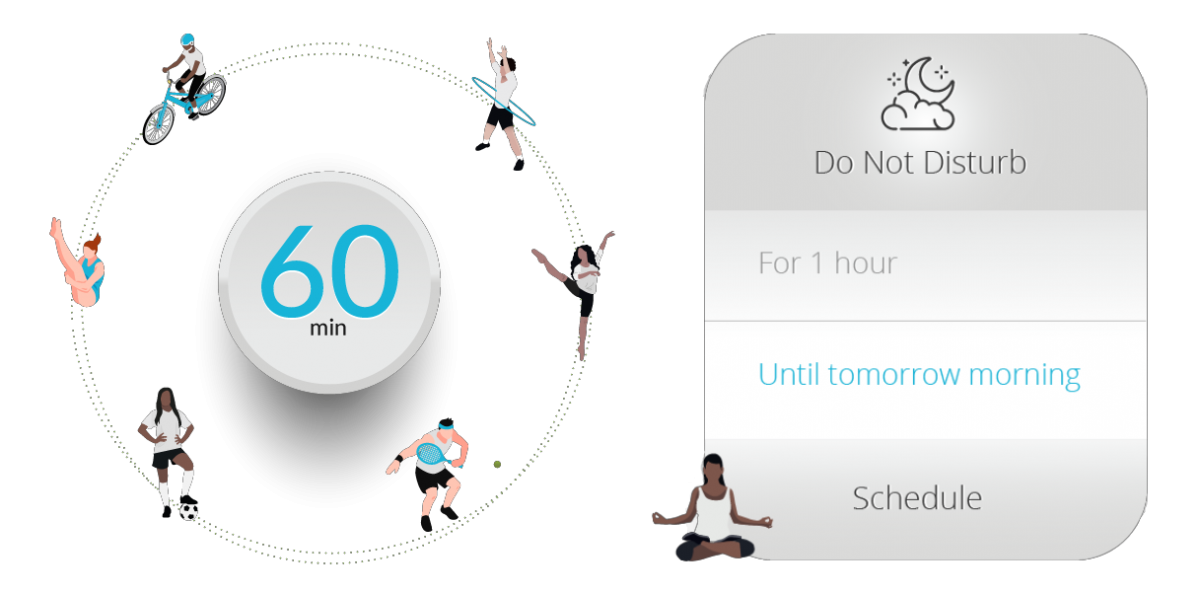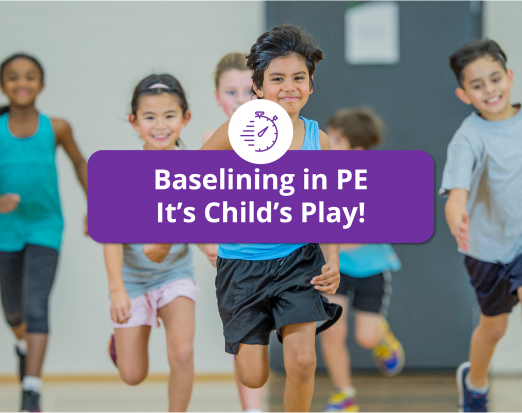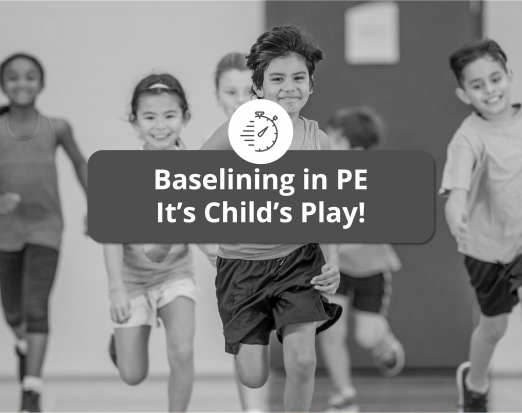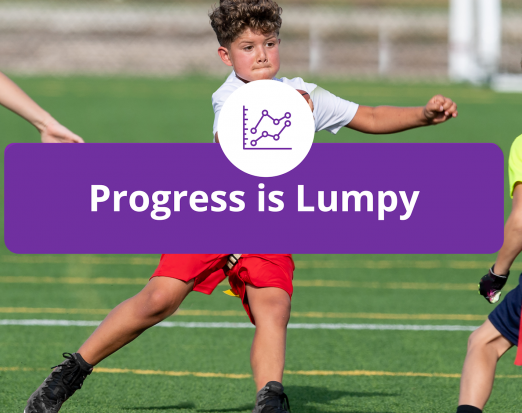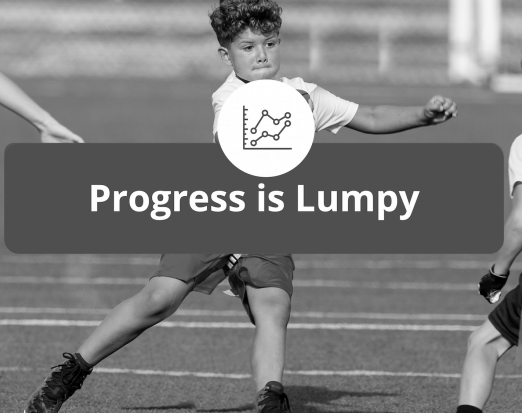Rest and Recovery – Going Back to School can be Tough!

Getting started after a break is often the hardest part, and we are guessing some of you are feeling the strain after a being back in school or work for the first time since lockdown began. So as schools are now attempting to get back to normal and offices across the country continue to open, we look at the importance of rest and recovery time.
Most athletes understand the importance of getting enough rest as part of their training programme, however, a common mistake when starting something new, is feeling guilty for taking time to rest…. DON’T, Rest is very important.
The World Health Organisation have identified that to remain healthy, the average individual should take part in moderate to vigorous physical activity, for 60minutes, every single day.
This got us thinking about balance and more importantly healthy habits.
How do you remain active every day, but also get enough rest? It sounds contradictory, but when you really think about it, the types of rest, and when you rest, it is quite simple.
Why is Rest Important?
Exercise, or any other physical work, causes fluid loss, muscle tissue breakdown, and the depletion of energy stores. During recovery, two vital things happen. Firstly, the body replenishes its energy stores (read more on Nutrion and Fuel For Performance), and secondly recovery allows the body to repair tissue damage. Without appropriate recovery time, muscle fibres would continue to break down, and energy levels would be very low, ultimately leading to fatigue and other symptoms of overtraining.
Overtraining? You can train too much?
Overtraining often occurs in athletes that are preparing for something important, e.g. competitions and tournaments. Athletes attempt to train harder, and for longer in order to try and see quicker improvements with a greater impact, unfortunately, with overtraining the effects can be negative and performance levels can decrease rather than improve. This is done to the body’s energy stores being depleted and muscle fibres not getting enough time to repair.
Signs of overtraining can include (but not exclusive of):
- Headaches
- Trouble Sleeping
- Decreased appetite
- Increasing incidents of injury
- Pain in Muscles and Joints
- Lack of energy and enthusiasm
- Not feeling yourself
If you are not committed to your training and are finding excuses not to train, this may be a psychological weakness, rather than a sign of overtraining. Remember, the Psychology of a Champion is to work hard and to keep trying, but if you need the rest… take it. Your best work will be completed when you are refreshed and training an effective and appropriate intensity.
Active Rest?
Rest doesn’t necessarily mean – do nothing! It is possible and often beneficial to rest and to keep moving at the same time. Active rest often involves performing light, low intensity exercise, without overly exerting yourself.
For example, Footballers that are used to doing lots of running, jumping, strength training, technical work etc. may choose to swim or cycle on an active rest day. This keeps the body moving and promotes recovery in the muscles, but as stated, light, low intensity movements should be encouraged.
Multi-Sport Development
It is, also important to re-charge your mind, along with your body when you can, and by doing something different from your usual routine or a different sport you can refocus and refresh mentally – this is often referred to as a Multi-Sport Development.
Elite Athletes often use this concept at the end of a long season, for example NBA stars play an 82-game regular season. On average, each team play over 3 games a week, combine that with travelling and training and there is little time for anything else. To just stop at the end of such an intense season is also counterproductive, and as such players use a transitional phase in their training, this would include reducing the intensity of training and Basketball related activity, but also playing and taking part in different sports before a break, such as cycling and golf etc.
This Multi-Sport concept is also ideal for our Young Champions. Indeed, for all children. We do not want them to train intensely for lots of sports, this would lead to overtraining, however by learning the rules and developing skills for a range of activities, we can promote active rest. There is also lots of research to suggest that children that play in a range of sports earlier on, often attain more when they become sport specific, due to the transferable skills learnt along the way.
Sleep is training too!
Sleep is very important! It really is as simple as that.
As previously discussed, when you train, or exercise muscle tissue is broken down. Although protein in your diet is a very important factor in promoting muscle regeneration and growth, sleep also plays a vital role in this process. Within the first couple of hours of falling asleep, there is a release of HGH (Human Growth Hormone), this, as its name suggests plays a huge part in promoting muscle gain and also allowing children to grow. The body also releases Melatonin, this is sometimes known as the sleep hormone and allows the body to go from being awake into a deep sleep.
Unstructured sleeping patterns don’t allow the body to set a reference points for these hormones, this essentially means that we may be missing out on the effectiveness of the HGH or struggle to sleep as not enough Melatonin is released due to going to bed too late, or not getting enough time in bed!
So, neglecting your sleep, may mean that all the hard work in the gym, or on the pitch is not being as effective as it should.
To give you some ideas on length of sleep multiple studies suggest that on average;
- School Children (6-13year olds) require 9-11hours sleep per night
- Teenagers (14-17year olds) require 8-10hours sleep per night
- Adults (18-64year olds) require 7-9hours sleep per night
- Seniors (64+ year olds) require 8-9hours sleep per night
Remember, this is an average and a guide only, if you are more active, you may require more sleep.
Adapting to exercise and progress
Remember, Young Champions is about training and becoming the best version of you that you can be. This is only possible if you take appropriate rest and are ready to train.
Overtime, your body will adapt to increased physical exertion, muscles will become stronger, the body will become more skilled and coordinated and cardiovascular and respiratory health will adapt to meet the needs of your training patterns.
This is all part of the journey of long-term athlete development… be patient, work hard, but rest when you need it and you will see the results.
Supporting Schools
We are also ensuring that we are supporting schools and teachers to manage their wellbeing, and ensure that they are taking enough time to concentrate on self-care through our new PSHE material. Schools now must delivery PSHE as part of their curriculum, and we have done the planning for you to help support all involved, read more here.
